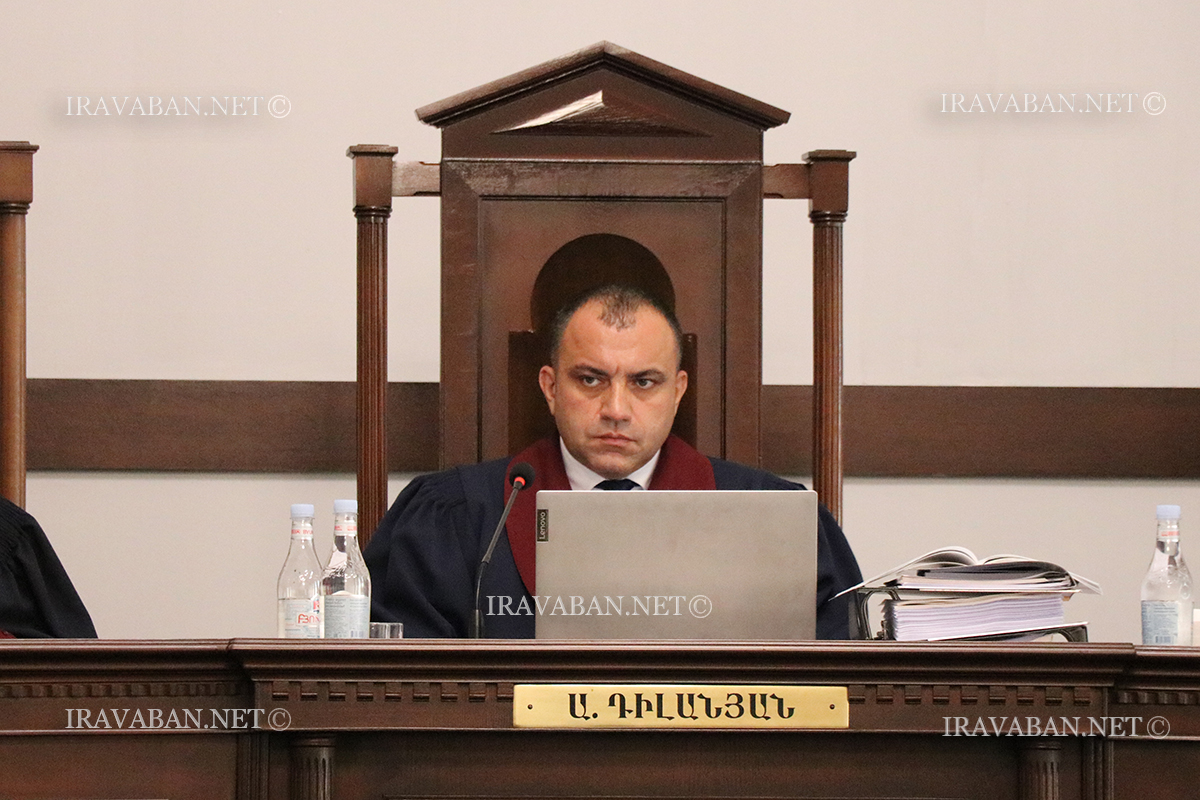“Any court is apolitical, including the Constitutional Court. The difference is that the cases with a political response are examined more in the Constitutional Court. And, of course, it will lead to a corresponding political attitude by the political forces,” the President of the Constitutional Court Arman Dilanyan said in an interview with the Public Television.
“They have their interests, and goals; I do not want to go deeper into those issues. The important thing here is that the Constitutional Court, and any other court, considers itself above that type of process, never considers itself part of the political process, no matter what shade a political force gives to this or that case, judicial act, never examines the case and make a judicial act motivated by political expediency or possible political reactions,” Dilanyan said.
He noted that he often hears judgments about being under pressure on himself or the Constitutional Court.
“I say with complete sincerity that I have never been under political pressure, I have never felt any political pressure directly or indirectly. We focus a lot on political pressure, but let’s take into account the opposite side, the judge, the subject on whom they are trying to put pressure for some purpose. I think there is political pressure when the judge is shaken. When a judge does not waver, when, nevertheless, he makes his judicial act exclusively guided only by law, by his own conscience, pursuing only the interests of justice, in this case, even if there is political pressure, even if such political pressure is presumed, he will never achieve his goal,”- he said.















